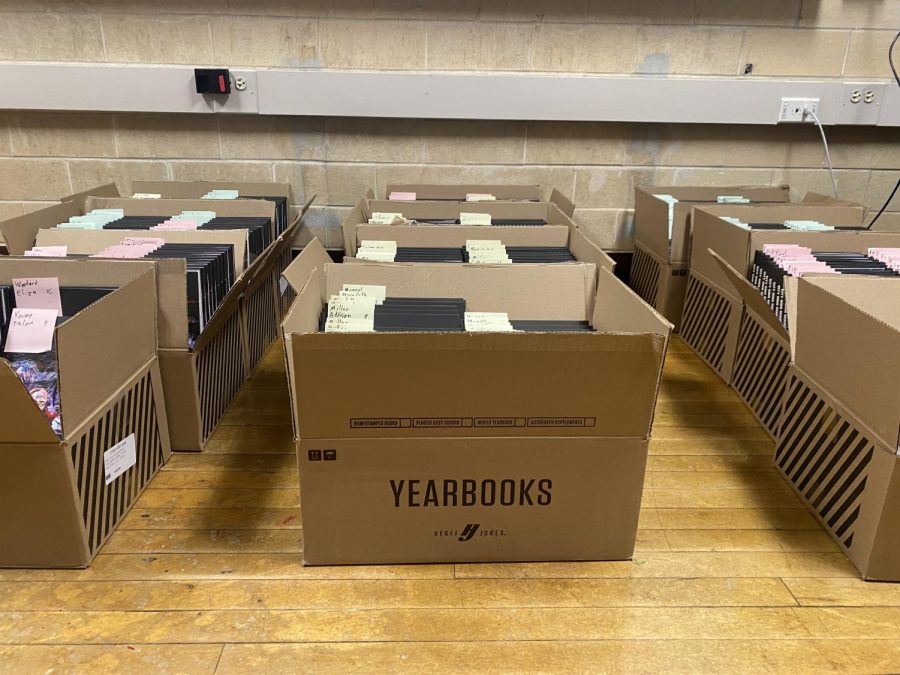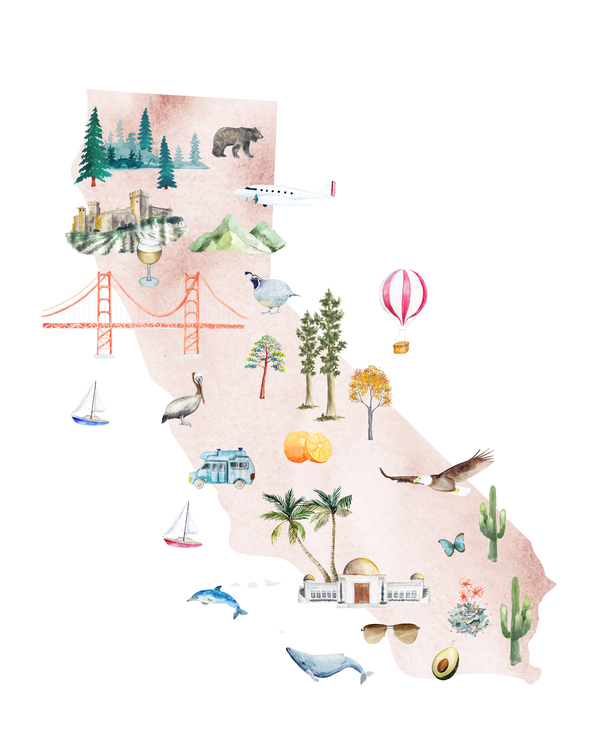Time for my annual list, along with the accompanying list of caveats: these are, simply put, the best books I read over the course of the year. I try to narrow things down to 10ish books, which is awfully hard. I definitely read (and ADORE!) books by my writer friends, but I try to keep those books off this list. It goes without saying, but I’ll say it anyway: ALL lists are subjective. In my personal definition of “best,” I mean some magical alchemy of this book at this time that hit me this way. The order is chronological, so don’t spend time parsing out why one book is first, another last. Also, I had to eliminate some VERY EXCELLENT books to keep my list tidy, and YES, I feel terrible about doing so.
THE GUEST by Emma Cline
I pretty much spent the entire year recommending this dark
and suspenseful book about an aging “party girl” who needs to find a way to get
through a week in the Hamptons now that she has nowhere to live. Crashing
parties, making bad decisions, meeting the wrong people, a phone she doesn’t
fix…this book isn’t for everyone, as the reader needs some tolerance of
characters you’d like to shake sense into. But this book I succeeds extraordinarily
at carrying suspense until (literally) the very last word on the page. (And beyond,
honestly; I thought about the ending for days.) I could never get enough of Cline’s
nuanced—and tart—observations about socio-economic class and girls/women. This book
is one of two on this list that earned a place on my Favorite Books bookshelf…which
is saying a lot, as that shelf is jam-packed!
I AM ONE OF YOU FOREVER by Fred Chappell
Fred Chappell was a beloved North Carolina author, and this
book—about growing up in western, rural NC—is possibly his most beloved book.
Not exactly a novel, not exactly a collection of stories or essays, reading this
book is like listening to a master storyteller weave tales about way back, carrying
your mind to a time and place you can’t imagine actually existed even as you
utterly believe it did. Flirting with magical realism, using an episodic
structure which may not appeal to everyone—but persevere and you’ll be rewarded
by delightful humor and insights into human nature. If you’re a writer, here’s a master class in dialogue. Not
to sound obsessed with last words and final lines, but when I mentioned on
social media that I was reading this book, at least a dozen people commented that
the last line is perfect. They’re right!
JAMES by Percival Everett
There should be more awards so this book can win them all. A
novel in conversation with Twain’s Adventures of Huckleberry Finn—but don’t
stress if you haven’t read Twain or if it’s been a while because James (aka
Jim, the runaway slave in Huck Finn) is his own man here, with his own agenda
and agency. This book is smart in every possible way, written with an understated
writing style that’s never show-offy, only perfect. Some hard, awful things
happen in this book, as one would expect given the subject matter (so be
warned), and that understated writing serves to make them all seem more awful. (A
master class in writing about trauma.) This book absolutely must be in any
conversation about The Great American Novel.
EVERYTHING I NEVER TOLD YOU by Celeste Ng
Lots of levels to this novel, which I picked up at a used
book sale. At first I thought I was getting a juicy story about family dysfunction
in the 70s Midwest, complete with a missing girl, but the book expands to
ponder secrets and love and women’s roles and racism. Don’t let the five (!)
points of view scare you—Ng handles them all with panache. I was utterly immersed
in this novel.
TRUE GRIT by Charles Portis
I admit that I’m a horrible person for wondering why Charles
Portis rated a volume of Collected Works in the Library of America series. I
mean, come on! The True Grit guy…really? Then I read this book, and now
I know. What a stunner! Great voice, clear vision, funny as hell, so much plot
(but not too much), awesome characters down to the minor folks. I hadn’t seen
the movie before reading the book (I know…what’s wrong with me?), so then I
watched the Jeff Bridges version. That movie gets 5/5 stars for sure, but the
book gets 10/5. My husband wearied of my saying, “Well, that scene is much
funnier in the book.”
LESS by Andrew Sean Greer
I read this on my birthday, which is perfect because at its core,
it’s a book about age/aging and love/loving, though it’s also a sparkling,
funny book about a writer on a crazy book tour where everything goes wrong,
trying to outrun his broken heart. This book won the Pulitzer, which surely is
a minor miracle—not because it didn’t deserve the honor, but because those
committees are always so Serious & Important. Good for them for finding Serious
& Important in the guise of funny and charming.
RULES OF CIVILITY by Amor Towles
Anyone who’s been following my lists knows I’m a sucker for this
plotline: “girl comes to New York City to work in publishing.” So how could I
not love this novel set in 1938 about a working class girl with gumption and
sass who charms her way through Manhattan, first in the typing pool before
eventually becoming an editor, all the while running with a glamorous crowd? I’m
not saying this is the most literary novel ever written, but I found it
literary enough with appealing characters. I know Amor Towles is a wildly
popular writer, and I certainly understand why.
LIGHT YEARS by James Salter
One of those books that writers are always insisting writers
should read. I listened to this sage advice and bought the book…so long ago
that my copy contains a bookmark that refers to the bookstore in the World Trade
Center. (!) All these years later I’ve finally cracked it open to read, and
wow! The first paragraph caught me, promising an extraordinary book ahead.
While the plot (such as it is) seems basic—the story of a marriage—this book’s
ambition is to capture life in all its seasons and complications, which it does
exquisitely. Yes, it’s episodic—yes, there’s a weird lack of transitions—yes, I
found myself wondering if this book would survive the gauntlet of agents and marketing
departments today—yes, this book requires close and careful attention. Yes,
this book went straight onto my Favorite Books bookshelf.
THE LINE OF BEAUTY by Alan Hollinghurst
Oh, the power of the New York
Times Book Review and its list of the 100 best books of the 21st
century. Somehow I had never heard of Alan Hollinghurst, which surprised me
as I like to think I’ve at least heard of everything and everyone! (I
haven’t, but as I said, I like to think I have.) So, off to the library to check
this out, in every sense of the word. I found the going slow at first—too many
characters; set in 1980s London, so I lacked a frame of reference for many
allusions; the pace felt leisurely aka tediously slow. And yet. Such smart
sentences! Such depth of character! I persevered, and about 2/3 of the way
through I encountered a brilliant and hilarious chapter (summer holiday in
France, if you’ve read the book), followed by another brilliant and even more hilarious
chapter (party with Margaret Thatcher), and I was ALL IN to the end, which was
so brilliant and perfect that I sobbed. So, I returned the book to the library
and bought a duplicate hardback edition from AbeBooks so I could have my own
copy forever.
TRANSIT by Rachel Cusk
And, again, the power of the New York Times Book Review
and its list of the 100 best books of the 21st century which also
included Rachel Cusk. I have heard of her, but I realized that I perpetually
confuse her with Rachel Kushner, whose work I’ve read and not connected with.
So, I thought I should see what’s what with this other Rachel. Oh, goodness—lots!
Zero confusion now! (To be clear, this isn’t the book that was on the NYTBR
list, but this is the book the library had.) I found myself admiring the
autofictional feel of this novel—the second in a series about a recently
divorced writer/mom living in modern Britain, basically getting through modern
life (in this book, moving into a new [and awful] flat). But beyond those concrete
concerns, the book ponders movement and “transit” in a brainy, thinky way that
creates an elegant arc. One of those deceptive writing styles that feels so
natural, that’s actually hard AF to pull off.
Three endnotes:
For my short story book club, I did a presentation on the
Irish writer William Trevor, whose stories are stealthily devastating. If you’re
not familiar with his work, here are three that will turn you into a fan:
“A Choice of Butchers”
“After Rain”
“A Day”
I have a standing free-flow writing date on Thursday
afternoons, and I start each session by reading poetry (a strategy I highly
recommend). Here are the books that kept me company throughout 2024 (to be
transparent, these are writers I know IRL). If you’re looking for more poetry
in your life, I suggest starting here:
CHARM OFFENSIVE by Ross White
WHIPSAW by Suzanne Frischkorn
BORN BACKWARDS by Tanya Olson
IF IN SOME CATACLYSM by Anna Leahy
A LITTLE BUMP IN THE EARTH by Tyree Daye
~~~
Finally, I'll indulge myself and mention some recently published novels/story collections/essays
by friends that I absolutely ADORED:
SEX ROMP GONE WRONG by Julia Ridley Smith
A SEASON OF PERFECT HAPPINESS by Maribeth Fischer
OUR KIND OF GAME by Joanna Copeland
MISS SOUTHEAST by Elizabeth Lindsey Rogers
THE MARY YEARS by Julie Marie Wade
GREENWOOD by Mark Morrow
~~~
Hope your 2025 is filled with good books and a Favorite
Books bookshelf that expands an inch or two or ten!








